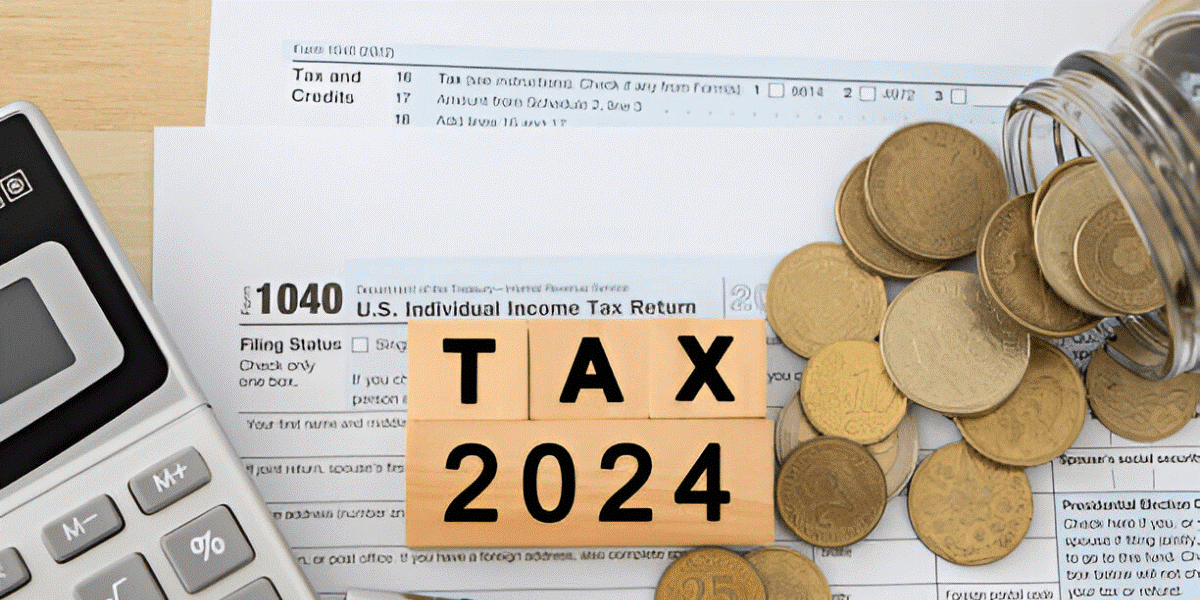ATO warns influencers of tax obligations: Stay informed, report income, avoid penalties. Learn what it means for the industry and how to comply ahead of tax season.

The Australian Tax Office Warns Influencers Ahead of Tax Season
As the rise of social media has given birth to a new era of influencers, the Australian Tax Office (ATO) has recently issued a warning to influencers ahead of the tax season. With the growing popularity of social media, it's no surprise that the influencer industry has become a lucrative source of income for many individuals. However, it's also important to remember that any income received from this line of work must be reported to the ATO. As such, the ATO has issued a warning to influencers to ensure they understand their tax obligations and avoid any potential penalties. In this article, we'll explore the ATO's warning to influencers and what it means for those working in the industry. Whether you're an established influencer or just starting out, it's important to stay informed and comply with your tax obligations. So, let's dive in and learn more about what the ATO is warning influencers about ahead of tax season.
What is influencer marketing?
Influencer marketing is a type of marketing where businesses partner with individuals who have a significant following on social media to promote their products or services. It's a popular marketing strategy because it allows businesses to reach a large audience in a more authentic way. Instead of traditional ads, influencer marketing leverages the trust and credibility that influencers have built with their followers.
Influencer marketing can take many forms, including sponsored posts, product reviews, and even giveaways. Influencers can be found on a variety of social media platforms, including Instagram, YouTube, and TikTok. While some influencers have millions of followers, others have smaller but highly engaged audiences. Regardless of the size of their following, influencers have become an important part of the marketing landscape.
The rise of influencer marketing in Australia
Influencer marketing has become increasingly popular in Australia in recent years. According to a report by Influencer Marketing Hub, the industry is expected to be worth over $300 million by 2022. This growth can be attributed to several factors, including the increasing use of social media, the rise of micro-influencers, and the effectiveness of influencer marketing as a way to reach younger audiences.
In Australia, influencers are required to disclose sponsored content to their followers. This means that if a post is sponsored, the influencer must indicate that in the post or in the caption. Failure to do so can result in fines from the Australian Competition and Consumer Commission (ACCC).
The ATO's guidelines on influencer marketing and taxation
As with any other form of income, influencers are required to pay tax on the income they earn through their social media channels. The ATO has issued guidelines for influencers to ensure they understand their tax obligations. According to the ATO, any income received from social media must be reported as part of an individual's income tax return.
The ATO considers income from social media to include not only sponsored posts but also income earned from affiliate marketing, merchandise sales, and any other form of income earned through social media. It's important to note that even if an influencer is not based in Australia, they may still be required to pay tax on their Australian income.
Common mistakes made by influencers in regards to taxation
One of the most common mistakes made by influencers when it comes to taxation is failing to report all of their income. It's important to remember that all income received from social media must be reported, including income earned from affiliate marketing and merchandise sales.
Another mistake influencers often make is failing to keep proper records of their income and expenses. It's important to keep accurate records of all income received and any expenses incurred as part of your social media activities. This will make it easier to complete your tax return and ensure you are paying the correct amount of tax.
Penalties for non-compliance
Failure to comply with your tax obligations as an influencer can result in penalties from the ATO. Depending on the severity of the non-compliance, these penalties can range from fines to legal action. It's important to take your tax obligations seriously and ensure that you are reporting all of your income and keeping accurate records.
How influencers can ensure they are meeting their obligations
To ensure that you are meeting your tax obligations as an influencer, it's important to keep accurate records of all income and expenses. This includes keeping track of any sponsored posts, affiliate marketing income, and merchandise sales. It's also important to report all of your income on your tax return, even if you are not based in Australia.
If you're not sure about your tax obligations as an influencer, it's a good idea to seek professional advice from an accountant or tax agent. They can help you understand your obligations and ensure that you are meeting them.
The role of agencies and brands in ensuring compliance
Agencies and brands that work with influencers also have a role to play in ensuring compliance with tax obligations. It's important for agencies and brands to be transparent about the income being earned by influencers and to ensure that they are meeting their tax obligations.
Agencies and brands can also help influencers by providing them with resources and tools to manage their finances and taxes. This can include accounting software, tax calculators, and access to professional advice.
Resources and tools for influencers to manage their finances and taxes
There are a variety of resources and tools available to influencers to help them manage their finances and taxes. One such resource is accounting software, such as Xero or QuickBooks, which can help with invoicing, expense tracking, and tax reporting.
In addition, there are a variety of tax calculators available online that can help influencers estimate their tax obligations, for example Tax App Australia . The ATO also provides resources for individuals who are self-employed, including information on how to report income and claim deductions.
Conclusion and key takeaways
In conclusion, the ATO's warning to influencers ahead of tax season is a reminder of the importance of understanding your tax obligations as an influencer. Whether you're an established influencer or just starting out, it's important to keep accurate records of all income and expenses, report all of your income on your tax return, and seek professional advice if you're not sure about your obligations.
Agencies and brands also have a role to play in ensuring compliance, by being transparent about income and providing resources and tools to help influencers manage their finances and taxes. By staying informed and complying with tax obligations, influencers can continue to thrive in the industry and avoid any potential penalties.
Disclaimer:
The content of these blog posts is intended to be of a general nature and should not be construed as tax or any other form of advice. We do not guarantee the accuracy or completeness of the information provided in these blog posts. It is imperative that you consult with a qualified professional, such as a certified accountant at Tax App, before taking any action based on the advice or information contained herein. Your specific financial and tax situation may require personalised guidance, and a professional consultation is recommended to ensure compliance with applicable laws and regulations.
Get Started with Us
Connect with Australia’s most innovative accountants today. Fill out our contact form, and let’s discuss how we can help you achieve your financial goals. Together, we’ll create a tailored action plan that maximises your tax savings.
Awards!
⭐⭐⭐⭐⭐






At Tax App, we offer Sydney Local, Online Accounting and Tax Services for individuals and small businesses in our community. Our technology and experienced team provide efficient and personalised solutions to streamline financial management. Trust us to be your partner in success.
Chartered Accountants
Liability limited by a scheme approved under Professional Standards Legislation
All Rights Reserved | Tax App Pty Ltd
Useful Links
Contact Us
Disclaimer: The content of this website is intended to be of a general nature and should not be construed as tax or any other form of advice. We do not guarantee the accuracy or completeness of the information provided in this website. It is imperative that you consult with a qualified professional, such as a certified accountant at Tax App, before taking any action based on the advice or information contained herein. Your specific financial and tax situation may require personalised guidance, and a professional consultation is recommended to ensure compliance with applicable laws and regulations.









